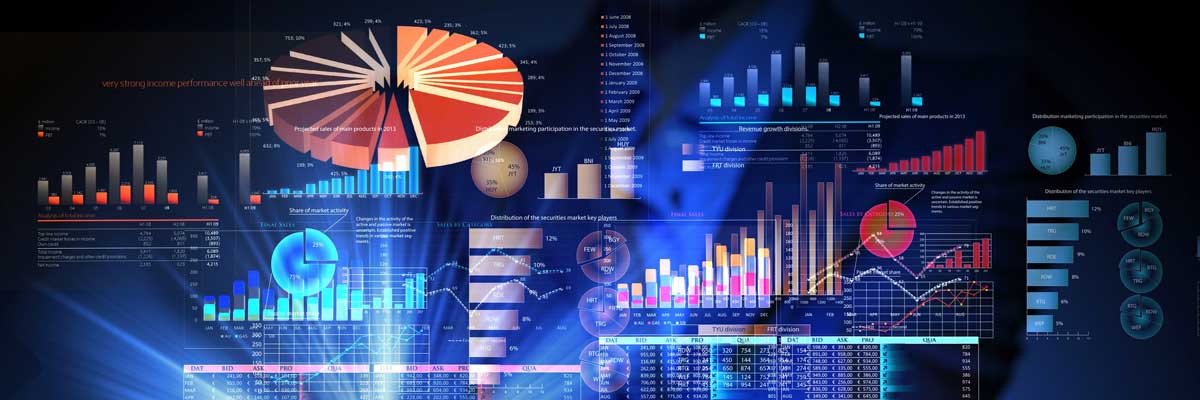
GM Analytics is at the cutting edge of Healthcare Analytics
The healthcare system is one of the largest and growing industry. The Healthcare industry is growing at a faster rate, with patients constantly demanding better care management. With the rise in such needs, newer technologies are being adopted in the industry. The healthcare industry is making rapid improvements. One major change is the use of Big Data and Analytics in the Healthcare sector.
The volume of big data is projected to grow faster in healthcare than it will in other sectors over the next seven years, leaving healthcare organizations with the challenge of managing extremely large data assets, according to an International Data Corporation (IDC) report sponsored by Seagate Technology.
Researchers found that healthcare data is projected to grow faster than in manufacturing, financial services, or media. Healthcare data will experience a compound annual growth rate (CAGR) of 36 percent through 2025. In comparison, data in the manufacturing industry is projected to see a CAGR of 30 percent, financial services data is expected to grow at a rate of 26 percent, and data in the media and entertainment industry will increase at a compound rate of 25 percent.
Here are ways in which Big Data can help and change the entire scenario of the Healthcare sector:
- Reducing human errors- Big Data can be leveraged to analyze user data and the prescribed medication which can prevent prescribing a wrong medicine or dispatch a different medication by mistake by professional. It can collaborate the data and flag out of place prescription to reduce mistakes and save lives. Where there are many patients to cater, such type of software can be very useful for physicians.
- Providing patients better care- Digitization of hospital records with perfect data, can be great tool to access & understand the pattern of many patients. With the help of data, it can identify the patients approaching the hospital repeatedly along with their constant issues. Such understanding will help in providing such patients better care and understanding which will in turn help in providing corrective measures to reduce their frequent visits. This way list can be maintained to keep a tab on high-risk patients and offering customized care to them.
- Keeping track of health- Big Data and Analytics along with the Internet of Things (IoT) and AI, is reforming the way one can track various user statistics and vitals. There are new medical innovations that can monitor the patient’s blood pressure, pulse Oximeters, glucose monitors, and more. This will continuously monitor body vitals along with the sensor data collection and this will allow healthcare organizations to keep people out of the hospital since they can identify potential health issue and provide care before the situation goes worse.
- Reducing cost- Predictive analytics along with big data will help to reduce medical costs by predicting the cost, of a procedure with respect to staff allocation. This will help hospitals to plan their resources efficiently & will also reduce the rate of investment incurred by hospitals. This will also save wait times for patients as the hospital will have enough staff and beds available as per the analysis.
- Use of Artificial Intelligence in the healthcare sector- Artificial Intelligence can be used to find solutions for various diseases. It will also provide accurate solutions and give customized solutions for unique problems. Such improvement is already in progress and will continue to grow with the amount of research collected by Big Data.
Thus, Big data has given healthcare a huge opportunity to evaluate the quality of treatment. By using algorithms reports can be created based on criteria such as doctor training, publication history, current institute, patient history & medication. The introduction of big data in healthcare has paved the way for new opportunities in the treatment of patients, including precision medicine, drug development, and advanced cancer therapy.
GM Analytics is at the cutting edge of Healthcare Analytics and partners with RCO Analytics. We have the largest Active CKD patient DB, supporting 300+ physicians and 300K+ patients across the US, etc.
